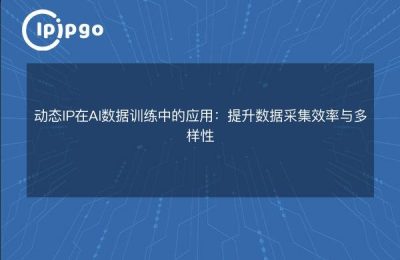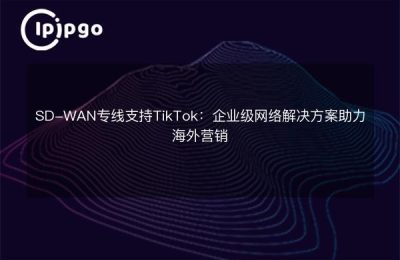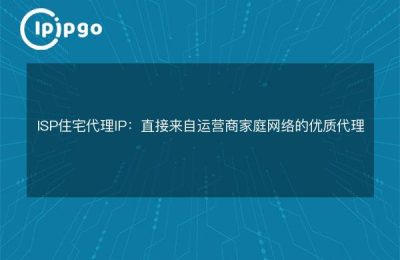
Why are exchanges always blocking the IPs of those who work on digital currency crawlers?
Friends who have done the market capture understand that the exchange's protection system is more stingy than the iron rooster. When you continuously send a request, the server will suddenly play deaf and dumb - either return blank data, or directly block IP. this time you look at the reptile program to report an error, as with the look at their own children's exams to the same suffocating.
Here's a cold one:IP surveillance on the exchange is stricter than exam room surveillanceThey will use three tricks to deal with crawlers: ① detecting request frequency ② tracking IP attribution ③ recognizing protocol characteristics. They will use three damaging tricks to deal with crawlers: ① Detecting request frequency ② Tracking IP attribution ③ Identifying protocol features. Especially for the head exchanges, the anti-crawler system is updated more diligently than the fluctuation of the coin price.
Dynamic residential IP is the real flavor choice
There are three common types of proxy IPs on the market:
| typology | Shelf life | covert | Applicable Scenarios |
|---|---|---|---|
| Server Room IP | few hours | (following a decimal or fraction) slightly less than | General web browsing |
| Static Residential IP | few days | moderate | Long-term fixed operations |
| Dynamic Residential IP | Replacement on demand | strongest | High Frequency Data Acquisition |
With ipipgo.Dynamic Residential AgentsIt's like having a crawler learn to "move in a flash". Their IP pool covers more than 9 million real home networks, switching between residential broadband in different areas with each request. The exchange's anti-crawling system sees this:
10:00 Japanese housewife checking the price of food → 10:01 German programmer writing code → 10:02 American student swiping video. With this kind of unregulated real traffic, the protection system can't catch a break.
A guide to avoiding pitfalls in real-world configurations
Don't take the official document directly to the code example, the exchange's anti-climbing early in these features in a small notebook. Share a battle-proven configuration program:
1. In the ipipgo back office selectprotocol obfuscation mode(This feature is not available to many of our peers)
2. Set the IP switching policy toToggle by number of failuresInstead of a fixed time
3. Remember to include the Accept-Encoding field in the request header, as some exchanges check for this.
4. Include a random delay of 0.3-1.2 seconds in the request interval to mimic the rhythm of human operation.
Focus on the protocol obfuscation, which is equivalent to the crawler wearing a "cloak of invisibility". ipipgo support to disguise the request as a browser update, software upgrades and other common traffic, the test can bypass the protocol characteristics of the 80% detection.
Acquisition strategies should be able to perform combinations
Seen people go on a 100 thread rampage and end up with 200 IPs blocked in half an hour. the right thing to do is:
- For market datalong connection pollingMaintain 3-5 stable IPs
- Historical data crawl awayshort burstWith dynamic IP pools for fast switching
- Don't be tough when you encounter CAPTCHA, call the IP switching interface to change to a new IP and try again.
Here is a tart operation: mix the static IP and dynamic IP of ipipgo. The static IP is used to maintain the login state, and the dynamic IP is responsible for the actual collection, which is equivalent to double insurance for the crawler.
Frequently Asked Questions QA
Q: Why is it still blocked after using a proxy?
A: check three points: ① whether to open the protocol obfuscation ② IP switching frequency is reasonable ③ whether to deal with cookie fingerprints
Q: How many IPs do I need to prepare to be enough?
A: It is decided according to the collection frequency. It is recommended to use the free trial function of ipipgo to do the stress test first and find the critical point before determining the quantity.
Q: What should I do if I encounter Cloudflare protection?
A: Enable ipipgo's browser fingerprinting simulation function, and reduce the frequency of requests from a single IP, so that the protection system does not feel that you are in a "hurry to get born".
Finally, a big truth: there is no always good crawler program, but there are continuously reliable IP providers. ipipgo's global node coverage and protocol support capabilities can really make the collection work a lot less detours. Especially their intelligent routing function, can automatically select the node with the lowest latency, which is a lifesaver for real-time market collection.








